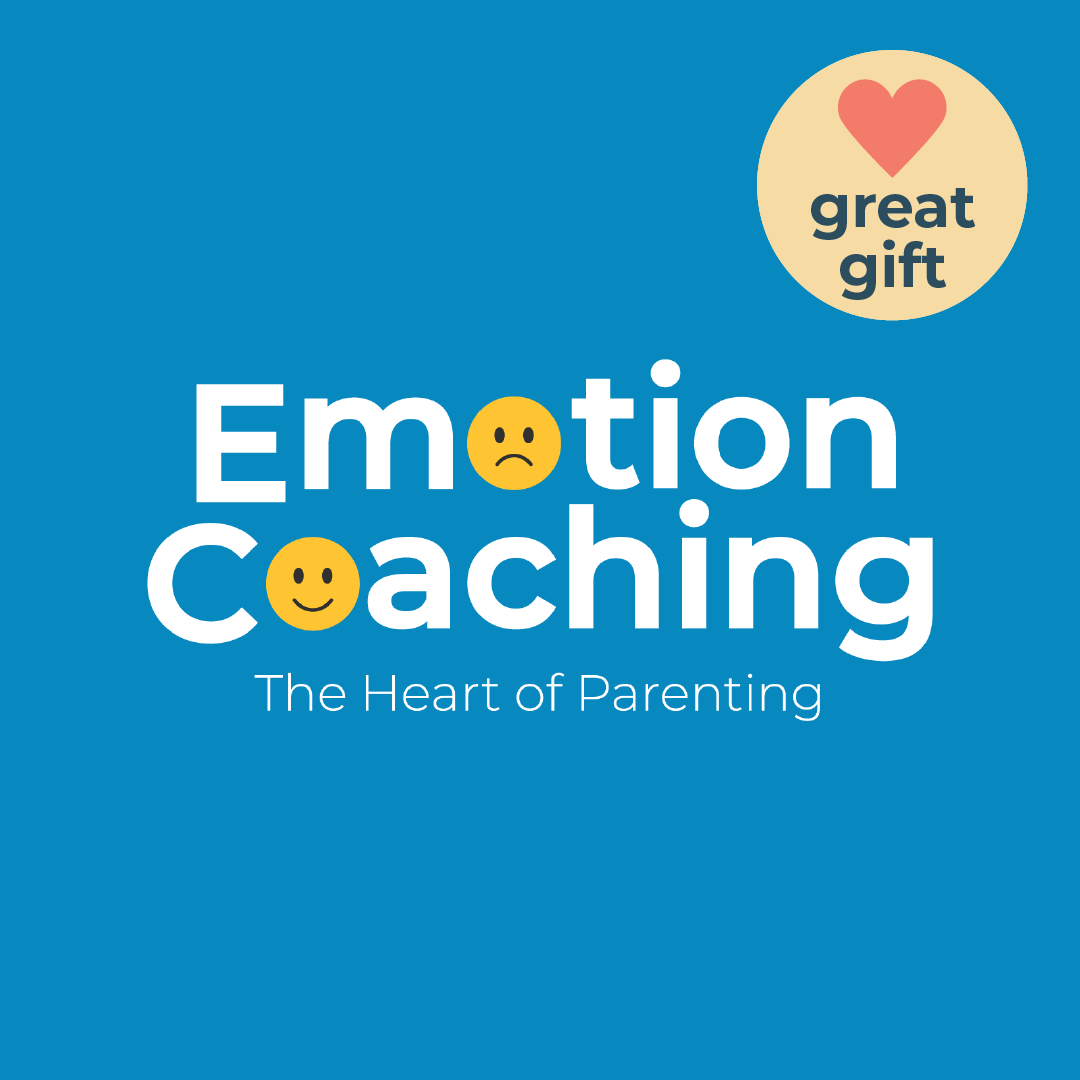When I found myself a single father to two young children (3y/o son and 8 y/o daughter), I was forced to reassess what it meant to be a dad. I was well aware of the statistics around single parent households and wanted to make sure my kids had the same positive outcomes associated with two parent families. Desperate for guidance, I searched for successful fatherhood models, taking inspiration from Pindar’s quote: “Become what you are by learning who you are.”
It was a journey of new experiences, challenges, exhaustion, growth, mistakes, and trials, but also joys, close bonds, shared adventures, and meaning. Although my single parenting journey at first felt like a major career detour, that “detour” turned out to be a richer journey than I ever could have dreamt it would be.
Honestly, I also felt a sense of loss. I saw my peers go on to build successful companies, fortunes even, and getting all the toys, trappings, and rewards of climbing all the way to the top. But I was unexpectedly, existentially, and relationally rewarded in so many ways I would never have known if I had not embraced an untraditional approach to fatherhood.
John Gottman’s research on engaged fathers and emotion coaching profoundly influenced my approach.
Emotion Coaching
Putting John Gottman’s emotion coaching into daily practice with my children baffled people around me. Emotion coaching consists of connecting and guiding children to handle their emotions through several steps that include awareness, validation and limit-setting. In a generally emotion dismissive culture, emotion coaching stands out. Friends and family couldn’t understand my constant presence, often suggesting I hire a nanny. Sometimes in my most exhausted moments. John Gottman’s research confirmed I was on the right path.
Turned out, my approach defied a deeply held belief in the West: As a dad, I contrasted sharply with the ‘quality time’ philosophy. In Western culture, parents, especially fathers, are often limited to evenings and weekends with their children. The ‘quality time’ philosophy emphasizes short, focused interactions — playing catch, attending recitals, or rushing through bedtime stories. While meaningful, this approach overlooks the subtle, everyday interactions that characterize ‘quantity time’ parenting.
Learning from the Aka
In my quest for knowledge I learned about the Aka tribe, a nomadic people from the rainforest in Central Africa. Aka fathers have long intrigued anthropologists for their profound connection with their children. Unlike the more segmented roles in the West, Aka dads are as likely as mothers to be caregivers, a practice deeply embedded in their culture. This helped to redefine my understanding of fatherhood. Aka fathers, involved and connected with their children, inspired me to adopt a more nurturing role. They spend 47% of their day within arm’s reach of their infants, a level of involvement unimaginable in Western cultures.
Studies show that engaged fathers boost their children’s cognitive development, self-esteem, and social skills. They form healthier relationships and are less prone to behavioral problems. Fathers also benefit, gaining a profound sense of purpose, personal growth, empathy, and more satisfying relationships. The Aka way of fatherhood offers emotional wholeness and healing for all family members, a model of masculinity that prioritizes connection over conquest, and love over dominance. When children grow up witnessing a model of manhood that differs from Western norms, where masculinity includes tenderness, emotional availability, and nurture, it is a strength.
The Aka dads and John Gottman’s emotion coaching helped me rethink entrenched norms about parenting and paternal roles. It helped me maintain the energy level and focus I needed to get through tiredness and the exhaustion of parenting. The Aka shows us that fatherhood is not just a role but a sacred trust to be nurtured and cherished. What kind of fathers do we want to be, and what kind of society do we want to create for our children? The answers to these questions may not be easy, but they are essential if we hope to build a future where every child can grow up with the love, support, and guidance they need to thrive.







